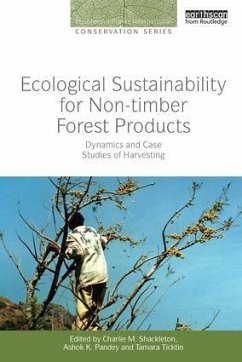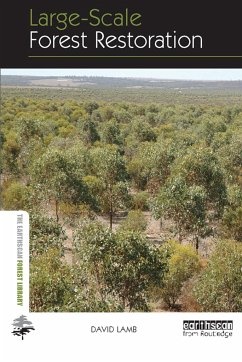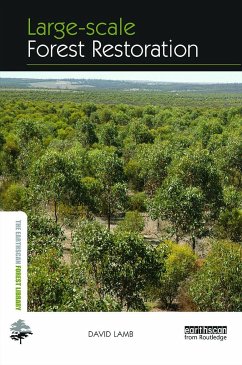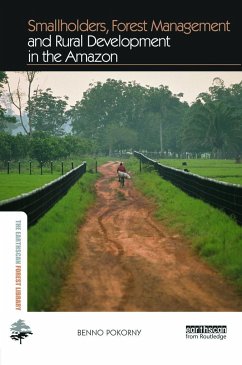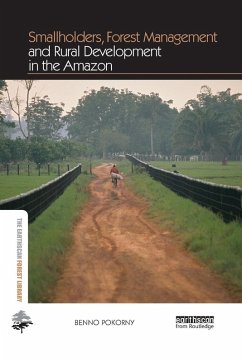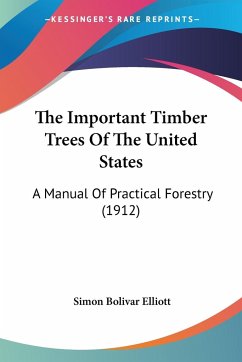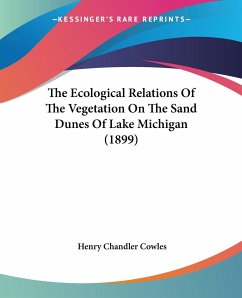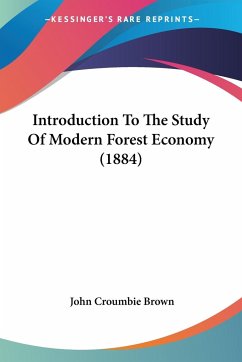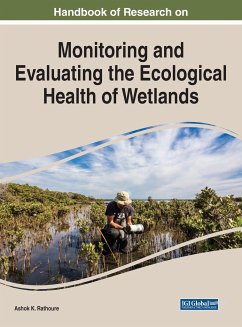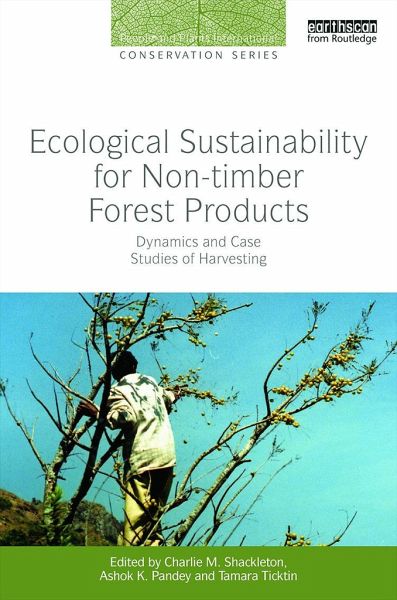
Ecological Sustainability for Non-timber Forest Products
Dynamics and Case Studies of Harvesting
Herausgeber: Shackleton, Charlie M.; Ticktin, Tamara; Pandey, Ashok K.
Versandkostenfrei!
Versandfertig in 1-2 Wochen
179,99 €
inkl. MwSt.
Weitere Ausgaben:

PAYBACK Punkte
90 °P sammeln!
This book challenges the idea that harvesting Non-timber Forest (NTFPs) Products must be detrimental, and shows that while examples of such negative impacts certainly exist, there are also many examples of sustainable harvesting systems for NTFPs, which are increasingly recognized for their importance to rural livelihoods.




